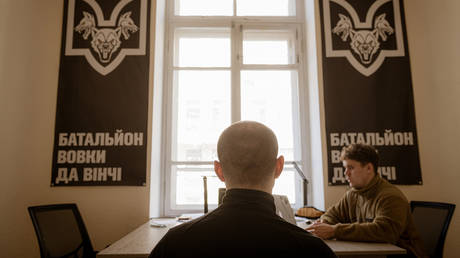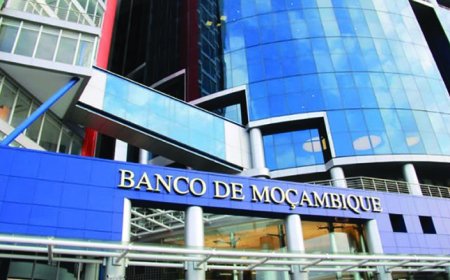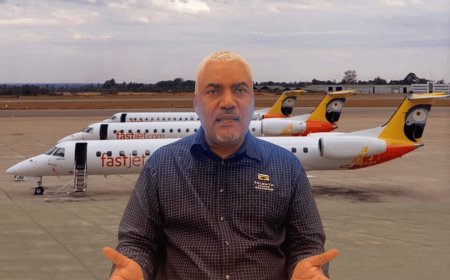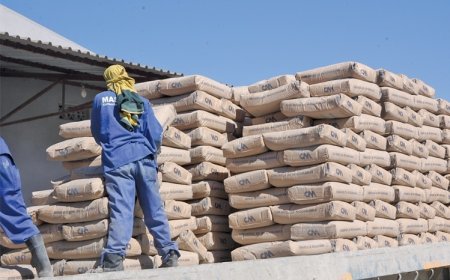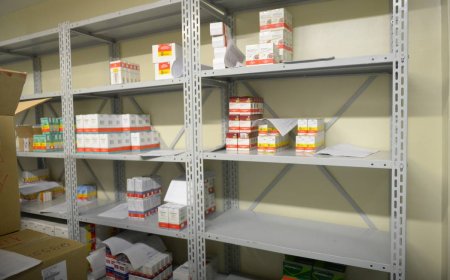Secret Rwanda-EU deal increases instability in Africa
The European Union has signed a secret agreement with Rwanda's President, known as the "Kigali Minerals Pact," to secure essential minerals for its electric vehicle and microchip industries. This deal has fueled violence and mineral smuggling in the Democratic Republic of Congo (DRC), exacerbating the conflict and displacing millions. Critics argue that Rwanda serves European interests in Africa, including counter-terrorism efforts in Mozambique, where there are also suspicions of Rwandan exploitation of mineral resources.
The revelation was recently made by Congo’s President Félix Tshisekedi, whose forces are battling the M23 militia. Tshisekedi claims that since the agreement was signed, M23 fighters, linked to Rwanda, have expanded their control over eastern Congo’s mineral resources. “At the end of April – precisely when French President Emmanuel Macron pleaded with Rwanda to stop supporting the M23 – the rebels took Rubaya, a mining hotspot near the eastern Congo border,” Tshisekedi reported.
The abundant mineral resources and their smuggling frequently finance armed groups in eastern Congo, fueling a cycle of violence and human rights abuses in a conflict that has resulted in millions of deaths and the displacement of over seven million people.
A recently published study supports the notion that Rwanda represents European interests in Africa. “The EU, because it needs access to minerals, might go beyond human rights principles,” said Emmanuel Umpula Nkumba, executive director of African Natural Resources Watch. The agreement, forged in Brussels, the EU headquarters, represents the West’s unchecked entry into a race with China for Central Africa’s wealth, offering an opportunity to obtain the necessary components for its "green and clean energy goals."
This harmful instrument for the continent is a smokescreen to smuggle “blood minerals,” using Rwanda to play a decisive role in the war across the border by supporting the insurgent M23 rebel group. In Mozambique, all gas reserves in the Rovuma basin in Cabo Delgado are concessioned to European companies, notably the French petrochemical company TotalEnergies and the Italian ENI.
Strangely, Mozambique has faced terrorism since October 2017, shortly after the discovery of Rovuma gas. Seeking a solution, Mozambique turned to Rwanda for help in combating terrorism. Critics argue that Rwanda was imposed by the French from TotalEnergies, as the arrival of a French force would raise negative connotations in Mozambique. Since then, a series of events have heightened suspicions that Rwanda serves as a European, specifically French, cover in Mozambique.
On June 18 this year, Bloomberg reported that the EU is considering supporting Rwandan forces in Mozambique with €40 million. “The European Union is considering providing up to €40 million to support the anti-terrorist operations of the Rwandan Security Forces (RSF) in Mozambique,” the outlet cited.
At the time, the European Commissioner for International Relations, Jutta Urpilainen, told Lusa during a visit to Maputo in June that the European Union was reviewing a new request for support for the Rwandan Armed Forces fighting terrorism in Cabo Delgado. “Indeed, we have been financially supporting Rwandan forces and received the request. It is currently under review,” said Jutta Urpilainen. She confirmed that, under the European Peace Support Mechanism, the European Union had already approved €20 million in support for Rwandan forces in Cabo Delgado in 2023, to combat terrorist groups operating in the region.
In July this year, in an operation labeled “Cabo Delgado War Business,” a security company backed by Rwanda's ruling party was contracted to protect TotalEnergies' gas project in Mozambique, while Kigali continues to expand its commercial activities in the country, with suspicions of exploiting abundant minerals in some regions of Cabo Delgado by the Rwandan army. This support, according to critics, is covered under the secret "Kigali Minerals Pact."
Regarding Rwanda's operations in Africa, the country is pointed out as the main destination for coltan and other minerals smuggled through the eastern Congo border. “Rwanda exports more minerals for processing and manufacturing than it extracts,” said the US State Department, citing UN data. Questioned about the agreement, the EU executive attempted to clarify its intentions, arguing that the deal aligns with its human rights agenda by helping to exert pressure on Rwanda to have sustainable supply chains.
“The agreement was not sealed primarily to gain access to minerals, but to leverage changes on the ground,” said an EU official, cited in a recent study. The European Commission has already dubbed Rwanda an “important player in the global extraction of tantalum,” pointing to its production of tin, tungsten, gold, and niobium, but interestingly, the backbone of Rwanda's economy, according to the Kigali government, is services.
“Everyone knows that only a fraction, an undefined proportion, of Rwanda’s export comes from Rwanda itself – most comes from Congo,” said Erik Kennes, senior researcher at the Africa Program of the Egmont Institute. Kennes argues that the agreement demonstrates and formalizes illicit trade.







